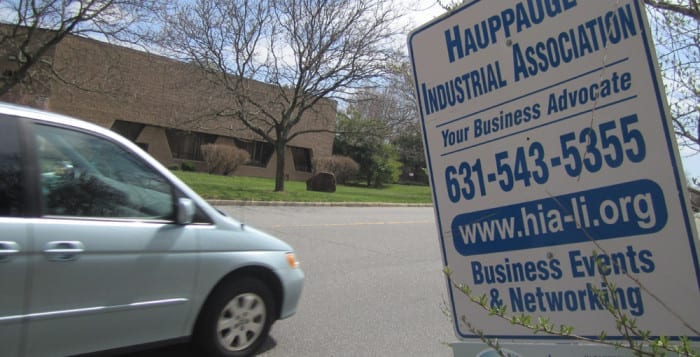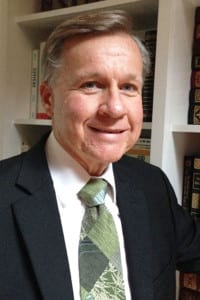The Cold War is back in Steven Spielberg’s new film, “Bridge of Spies.” Starring Tom Hanks and Mark Rylance, the movie is based on a true story that I well remember for I am a child of the Cold War era during which the United States and the Soviet Union had been competing over who could amass the most lethal cache of nuclear weapons. I was 6 years old and in first grade when a movie company producing news segments that routinely preceded the featured film in theaters came to my school. This was before television. They filmed my class doing a “duck and cover” in which we pulled our raincoats over our heads and scrambled under our desktops. This action was to protect us from the effects of an atom bomb, should one be dropped on New York City by the Soviets, and the news short was shown in local theaters. I was the child in the front.
With my life as sort of bookends of that era, I crossed into East Berlin in 1989, six weeks before the Berlin Wall was torn down. I was visiting a friend whose husband was on sabbatical in West Berlin at the time, and she booked us on a bus that regularly took tourists to view the museums behind the Iron Curtain. It happened to be the weekend of the 40th anniversary of the East German state, called the German Democratic Republic, and Soviet Union general secretary Mikhail Gorbachev was joining East German leader Erich Honecker for the celebrations. Stuck behind the Wall for security reasons, we witnessed torchlight parades through the streets from the bus for hours before we were able to return to the West. The woman in the seat ahead of us audibly thanked God and wanted to kiss the ground when we did.
It was an inside look at the crumbling buildings, the cameras, dogs, challenging border guards and tensions that existed in East Berlin, which my gut still recalls because it clenched at the sight and atmosphere realistically portrayed in East Berlin by Spielberg
I feel fortunate to have had that experience because we who so automatically enjoy all sorts of freedoms need to know what lacking them means to the citizenry of any country. People were killed trying to scale the Berlin Wall to escape, and “Bridge of Spies” recaptures that desperation even as it tells the story of how two Americans were freed.
President Dwight D. Eisenhower was in his last months at the White House when Francis Gary Powers was flying his U-2 spy plane over Soviet Union airspace and was shot down. That was in 1960, when coincidentally a Soviet KGB spy known as Rudolf Abel was serving a prison term in the Atlanta Federal Penitentiary. He had been nabbed by the FBI in what was termed the Hollow Nickel Case and was serving a 45-year sentence.
After Powers was captured the Soviets initiated a back-door effort to trade Powers for Abel, and the negotiator in that highly tense situation was, improbably, an insurance lawyer named James Donovan from Brooklyn, where Abel had lived and posed as an artist. It had to be someone without government ties, and Donovan was selected first to defend Abel in order to give him the right to a fair trial, according to the movie, and then to unofficially represent the United States in such an exchange.
With Cold War tensions high, Donovan was initially vilified for defending Abel, and death threats were made against him while his wife and children were threatened. But through a whole series of gutsy experiences, including giving up the coat off his back, Donovan was able to successfully trade Abel for two Americans: Powers and a Yale economics grad student who simply had been in the wrong place at the wrong time.
We who were alive then or have read about the U-2 incident know that the negotiations were ultimately successful. Powers and Abel were marched to the center of the Glienicke Bridge, which spans the narrows between West Berlin and Potsdam, and returned to the protection of their respective countries. The Yale grad student, Frederic Pryor, was simultaneously allowed to cross at Checkpoint Charlie. Yet even though the outcome is never in doubt, Spielberg manages to keep the film moving at a high frequency, largely by focusing on Donovan.
Written by the Coen brothers and Matt Charman, and distributed by Disney and 20th Century Fox, the film has already garnered considerable praise. So has Hanks in this Cold War epic.






